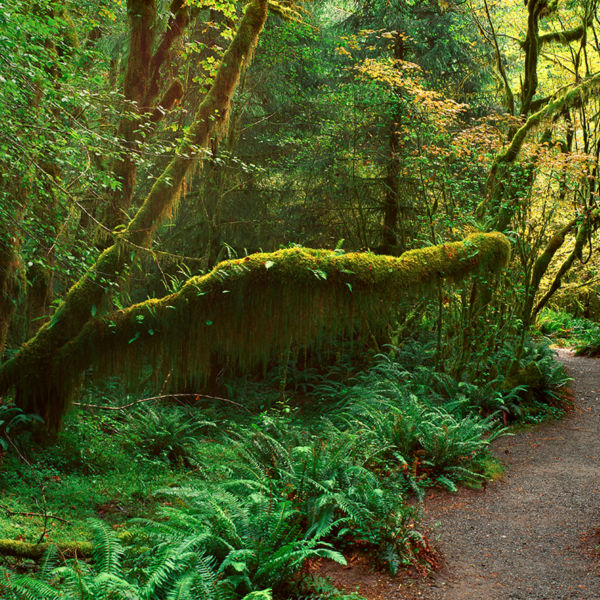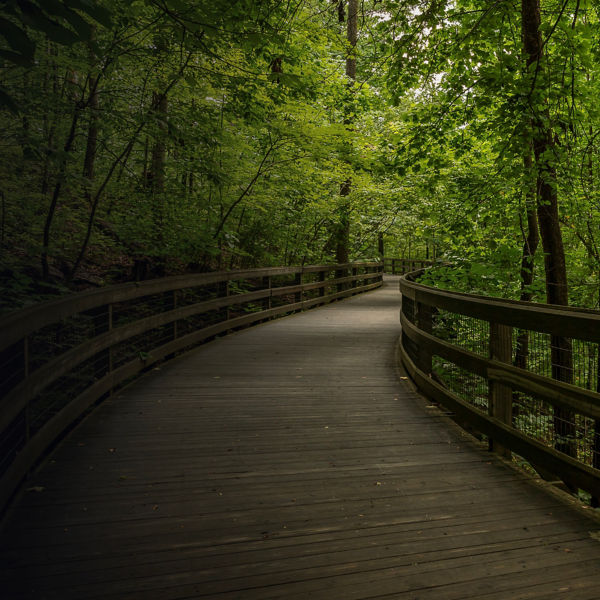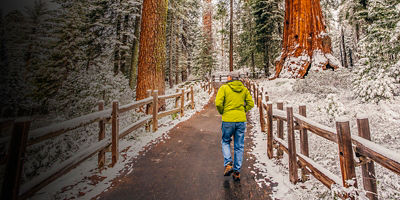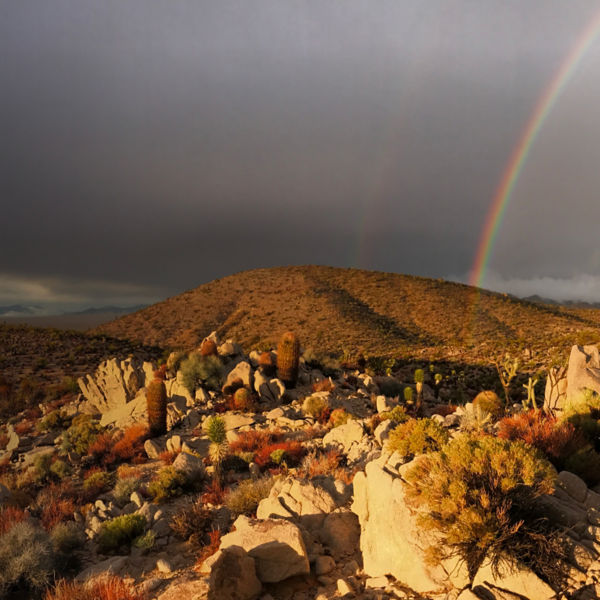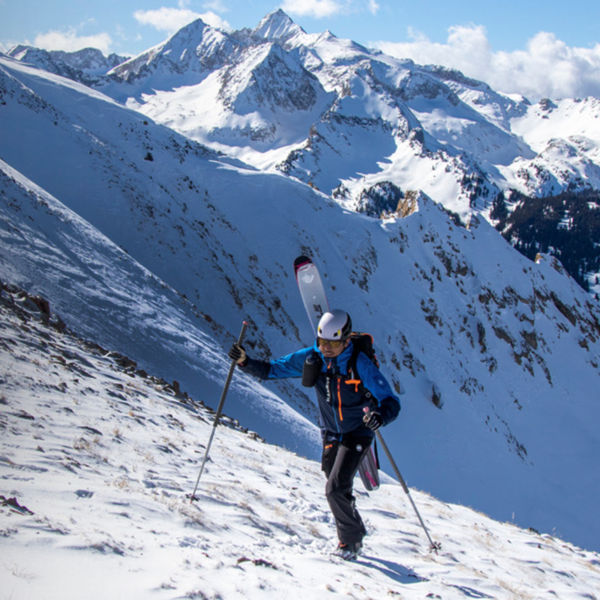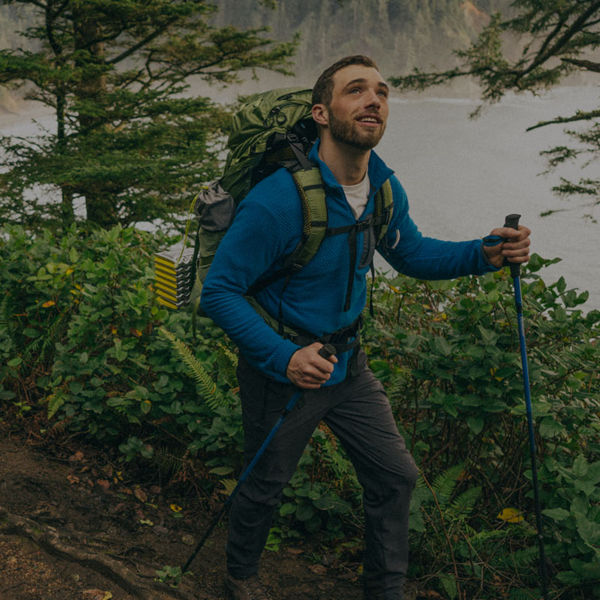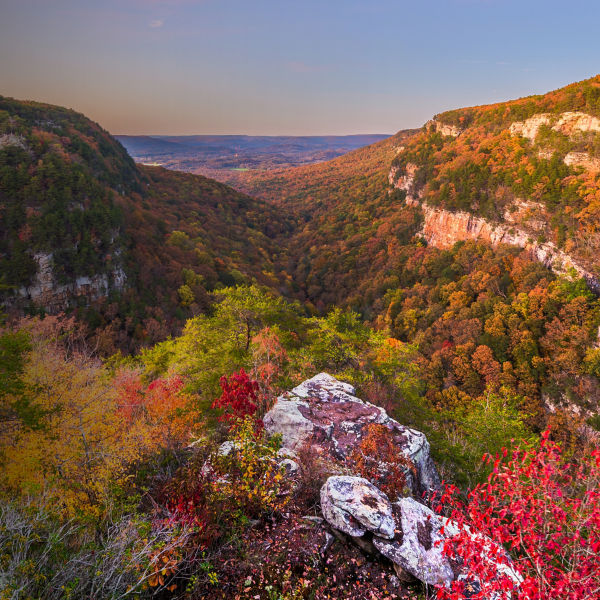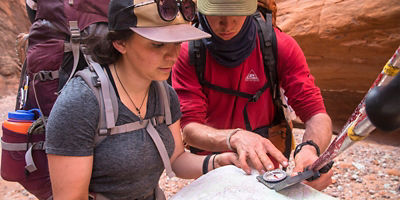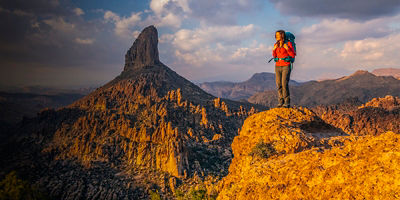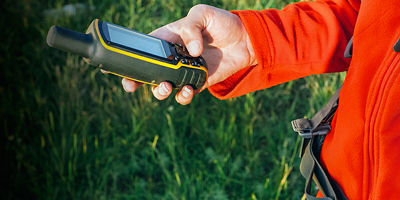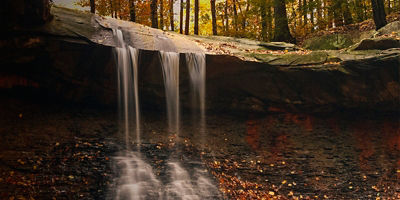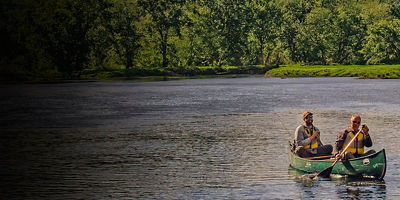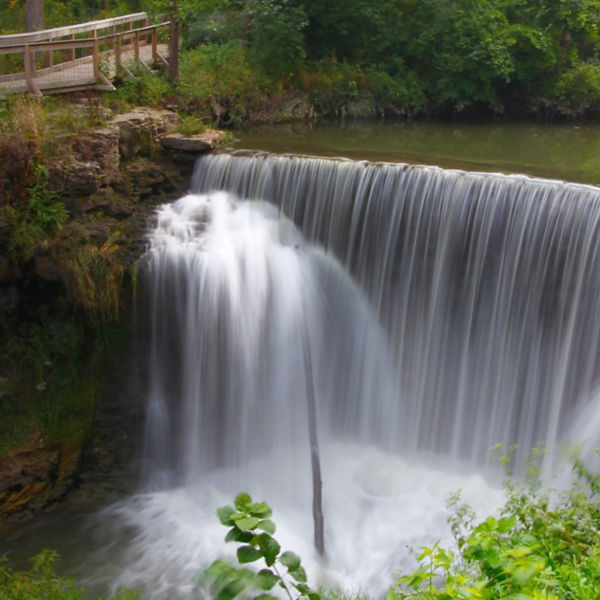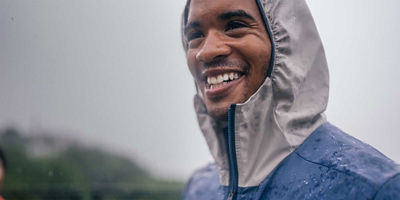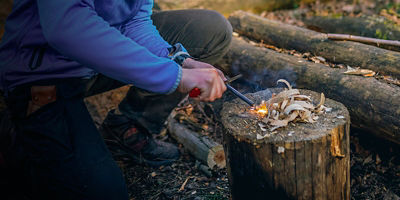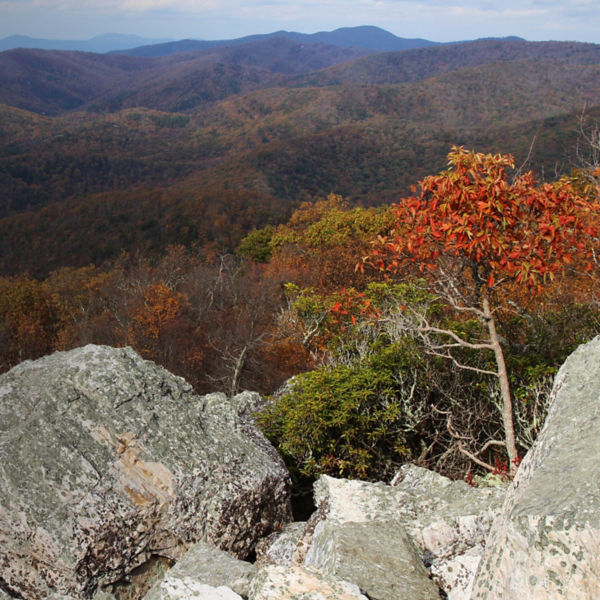
Outdoor gear maker Big Agnes is marking its 21st birthday with a brand-new line of backpacks that promises to be one of the industry’s most eco-friendly yet.
To understand Big Agnes’s commitment to sustainability, you have to first understand a little bit about the brand’s history. Borrowing its name from a mountain in the Mt. Zirkel Wilderness Area just outside the brand’s Steamboat Springs, Colorado, headquarters, Big Agnes was born in 2000 with a simple line of sleeping bags with pad sleeves. One of the pads, the Insulated Air Core, quickly won the Backpacker magazine Editors’ Choice Award, putting the brand on the map for good. Since then, the company has launched tents, apparel, and more, consistently winning awards for both its gear and its company culture (the brand was featured on Outside magazine’s Best Places to Work list in 2016). But throughout all the growth and change, the company never lost touch with the wilderness in its backyard. Big Agnes knows firsthand that the success of any outdoor brand depends on the health of the outdoors.
To that end, sustainability has always been a big part of Big Agnes’s mission. To get a sense of what that looks like, just check out a few of its latest innovations: In 2020, the brand started replacing the industry-standard, plastic-based foam in its sleeping pads with renewable sugar cane extract. In 2021, it adopted an eco-friendly dying process for tent fabrics and finished switching all its facilities to 100-percent renewable energy. Now, the Steamboat Springs, Colorado-based brand is keeping that momentum rolling with their first-ever line of backpacks—one that puts sustainability front and center.
“Getting into packs is a big deal for us, and we wanted to do it right,” explains company co-owner and co-founder Bill Gamber. “We have unique technology and experience on our R&D team, and we’ve talked about [launching a line of packs] for years. But we didn’t want to just do it—we wanted to apply everything we’ve learned over our 20 years.”
The hot-off-the-press line of packs includes backpacking packs—like the unisex Prospector 50L and the women's Sun Dog 45L—as well as a collection of smaller day packs. (Both the Prospector 50L and the Sun Dog 45L are available for presale at Public Lands beginning March 15).
Each of the packs are lightweight, durable, and thoughtfully designed with modular features like removable hip belt pouches. Each one features all-new suspension and compression systems and hydration bladder sleeves. As for their eco cred?
The nylon material used in the main pack bodies is 85-percent recycled, for one thing. And the bigger packs also come with a “Trash Can” accessory—a lightweight, collapsible, recycled nylon trash receptacle that should make impromptu trail stewardship a no-brainer.
“The Trash Can is kind of a fun addition designed to help people take care of the environment they’re using our products in,” explains Gamber.



